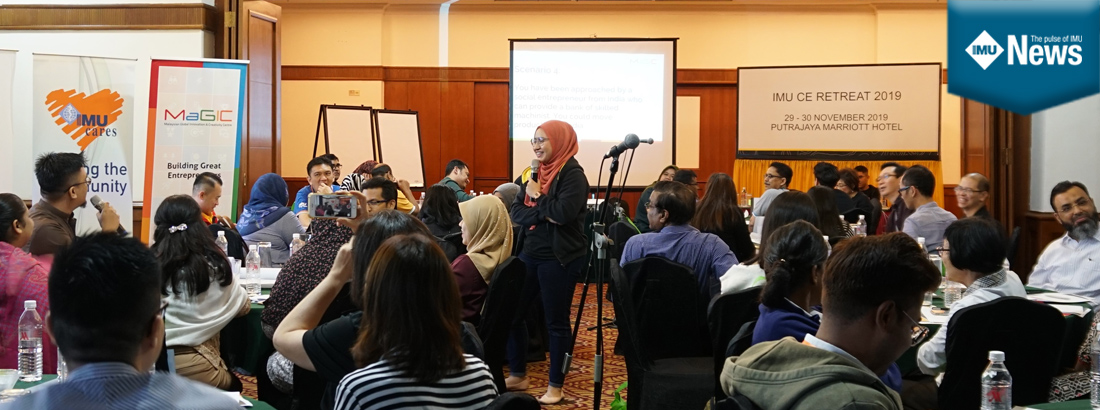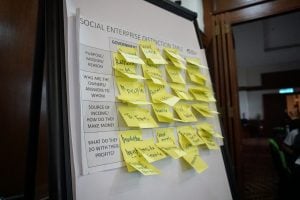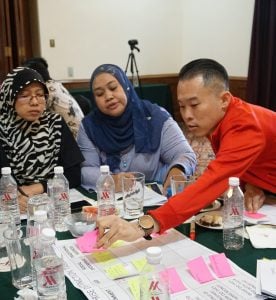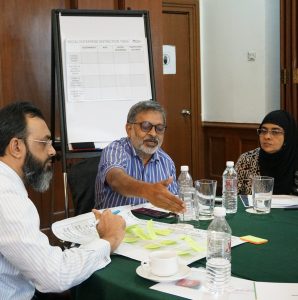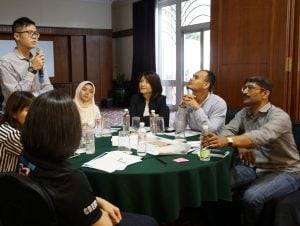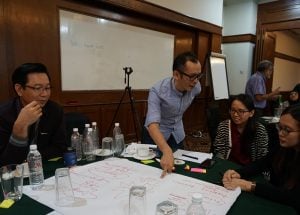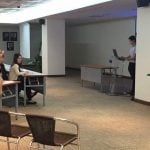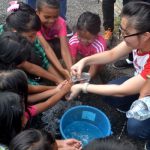As Bill Drayton would say it aptly, “Social entrepreneurs are not content just to give a fish or teach how to fish. They will not rest until they have revolutionised the entire fishing industry.”
29 November 2019 – IMU Community Engagement (CE), in partnership with MaGIC (Malaysian Global Innovation and Creativity Centre) conducted a Social Entrepreneurship (SE) Knowledge Day, for a total of 53 participants from the IMU community. IMU staff, students and alumni spent the day together as they were taken through 3 modules of SE. Through games and examples, participants worked on basic principles of social entrepreneurship, differences between business entrepreneurship and other organisations, as well as their roles in driving social impact for the communities we serve through community projects. Immersed in the programme, our participants were actively engaged in dialogues and discussions as they learned that social entrepreneurship is more than just recognising social problems. It requires research to completely define a particular social problem and then organising, creating and managing a social venture to attain the desired change. At this event, Puan Juairiah, a successful entrepreneur and founder of Generating Opportunities for Learning Disabled (GOLD), also shared with the participants on her journey in social enterprise. Captivated by her charisma, our participants were further awed to learn that GOLD had been successful in training their students with learning disability with valuable working skills and such classroom training had been translated into a simulated set-up in their very own self-sustaining GOLD Bakery & Café. To complete the already fruitful day, IMU CE arranged a bonus programme with IMPACT MALAYSIA, an agency under the purview of Ministry of Youth and Sports to spur youth-driven social impact, who shared its perspectives on the value of impact and sustainability in community projects. As IMU SE Knowledge Day worked its magic in sowing seeds of social entrepreneurship, the insight garnered would, in good hopes, help our participants to navigate their way in creating impact and sustainability in their upcoming community projects.

Written by Dr Goh Ni Kol and reviewed by Prof Khoo Suan Phaik.




